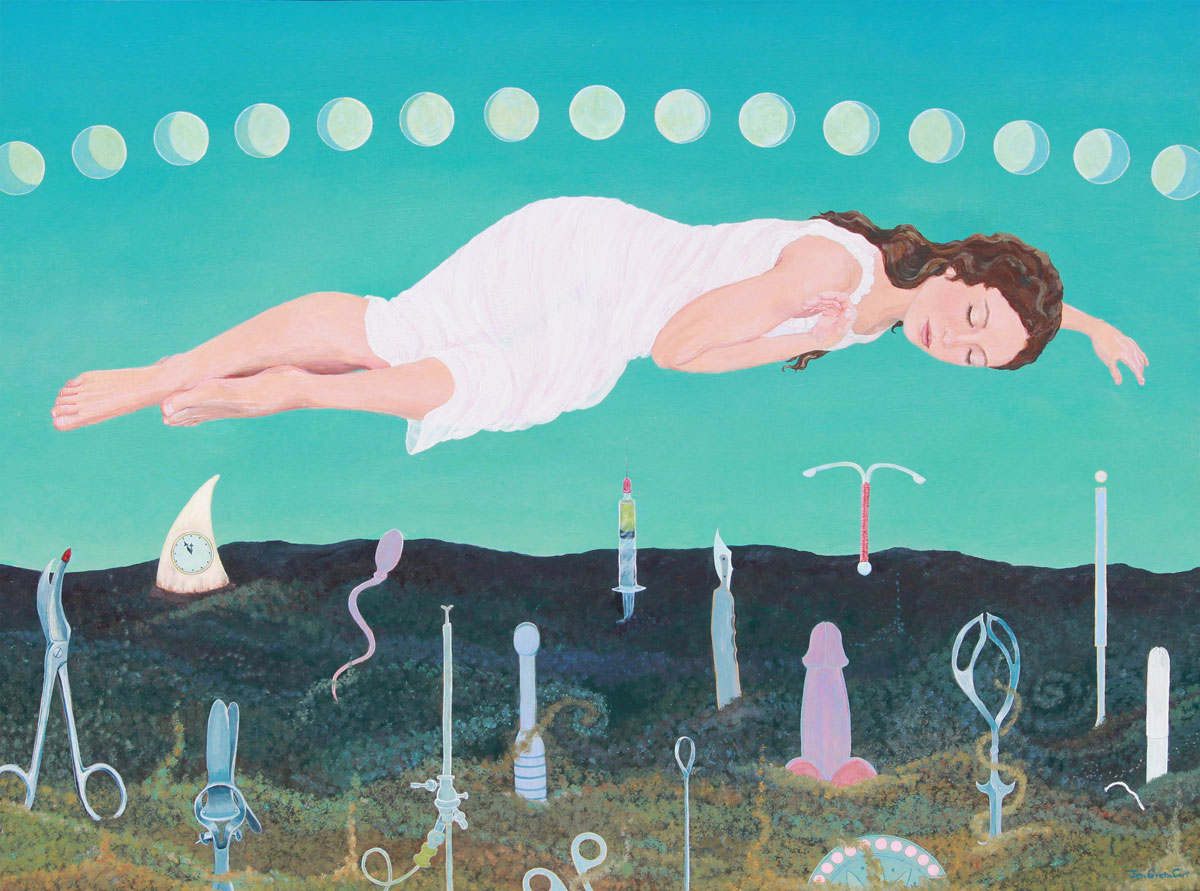Women of the world
8th of March is International Woman's Day.
Internet portals are pretty and nice,
full of flowers, compliments and red hearts.
It's for free, just copy - paste
A married woman was stoned in the mountain village.
She fell in love with another man.
She forgot that she had an owner.
Her husband threw the first stone.
The world is silent.
A young girl was hanged in the big city.
She deserved to die, her eyes were beautiful.
A crowd of men surrounded and raped her.
It's for free, just copy - paste
A married woman was stoned in the mountain village.
She fell in love with another man.
She forgot that she had an owner.
Her husband threw the first stone.
The world is silent.
A young girl was hanged in the big city.
She deserved to die, her eyes were beautiful.
A crowd of men surrounded and raped her.
She asked for it.
The world is silent.
A child did not survive her wedding night.
The girl died, it happens.
All was in accordance with the law.
The old man paid well for a virgin.
The world is silent.
The schoolgirls were kidnapped and sold.
The slaves have their price.
The sexual toys have become cheaper lately,
the law of demand and supply works.
The world is silent.
In the villages of bachelors there are no women.
Dowry is expensive, abortion is cheap.
The girl died, it happens.
All was in accordance with the law.
The old man paid well for a virgin.
The world is silent.
The schoolgirls were kidnapped and sold.
The slaves have their price.
The sexual toys have become cheaper lately,
the law of demand and supply works.
The world is silent.
In the villages of bachelors there are no women.
Dowry is expensive, abortion is cheap.
All female embryos were removed.
Each family wants a son.
The world is silent.
He gave her a rose in the morning
and a bruise under the eye in the evening.
It was her fault, she deserved to be punished
- the soup was too salty.
Each family wants a son.
The world is silent.
He gave her a rose in the morning
and a bruise under the eye in the evening.
It was her fault, she deserved to be punished
- the soup was too salty.

In Her Future When She Wakes -- Jan Greta Cart
Theresa Serber Malkiel, the head of the Woman's National Committee of the Socialist Party of America, organized the National Woman's Day in New York in 1909. The idea was taken up the following year at an International Socialist Women's Conference in København, Danmark, Luise Zietz, a member of the Sozialdemokratische Partei Deutschlands (Social Democratic Party of Germany) executive committe, and Clara Zetkin, the editor of "Die Gleichheit" (Equality), the party's newspaper for women, proposed establishing an annual International Woman's Day as a strategy to promote equal rights. Ober a million people observed the 1st one the following year in Austria, Danmark, Germany, and Switzerland. In 1914 the observation in Germany was held on 8 March, which became the standard date. Its celebration in St Petersburg in 1917 was the beginning of the Russian Revolution, leading to Nikolai II's abdication on 15 March. After the Bolshevis seized power in November it was proclaimed as a holiday and became part of the international communist movement. The Women's International Democratic Federation was founded in Paris in 1945 but was forced to relocate to the Deutsche Demokratische Republik ("East Germany"); nevertheless, it enjoyed consultative status with the United Nations Economic and Social Council and its Commission on the Status of Women. In 1965 the commission drafted the Declaration on the Elimination of Discrimination Against Women, which was passed by the UN General Assembly in 1967. At the instigation of the WIDF, the CSW submitted a proposal to the General Assembly to proclaim an international women's year and conference to address women's inequality; in 1972 the UN proclaimed 1975 as International Women's Year. The conference was organized by assistant-secretary-general for social development and humanitarian affairs Helvi Linnea Aleksandra Sipilä of Finland and held in Ciudad de Mexico; the conference set into motion a series of plans, declarations, and monitoring mechanisms and follow-up conferences (beginning with 1 in København in 1980). In 1977, the General Assembly invited member states to proclaim March 8 as the UN Day for Women's Rights and World Peace.
ReplyDelete